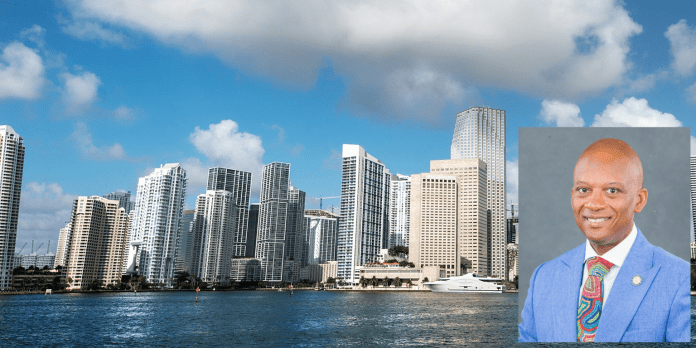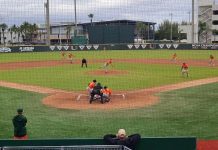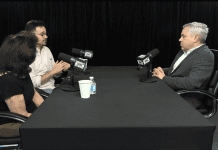|
Getting your Trinity Audio player ready...
|
When people argue, you can tell what matters most by the first words they reach for. The “first of all” is the wound that still stings, the truth they cannot leave unsaid. Our nation was no different. In 1776, the Declaration of Independence opened a ledger of grievances against a distant crown. By 1791, the Bill of Rights opened a promise to ourselves. The echoes between the two are not accidental. They are mirrors.
The colonists began with outrage. A king dissolved their assemblies, silenced their petitions, and punished their gatherings. He stationed troops in their towns, taxed them without voice, and treated their speech as treason. Their first of alls were about power over words, thoughts, and voices. They wanted to be heard, not ruled in silence.
So when it came time to design a new system, the framers began where their pain had been sharpest. First of all, they declared: Congress shall make no law abridging freedom of speech. First of all, they guaranteed the press could write without crown or censor. First of all, they protected the right to worship without edict and the right to assemble without bayonet. And first of all, they promised that people could petition their own government without being treated as traitors.
The Bill of Rights did not emerge in a vacuum. It was a reply to remembered injuries. The First Amendment is not just a philosophical flourish. It is a counterweight, a direct answer to the king who once ignored, punished, and dismissed his subjects. Where he silenced, the Constitution swore to protect voice. Where he scattered assemblies, it pledged their safety. Where he called petitions rebellion, it called them a right.
Every amendment carries the weight of lived memory. The Second answers the redcoats. The Third, quartered soldiers. The Fourth, the invasive searches of imperial officers. But the First remains the heart. It is the country’s opening move, its own first of all. It tells us that speech and thought, worship and protest, the press and the raised hand, these things are the beginnings of liberty. Without them, the rest is fragile.
The lesson is sharper than history. When people declare what hurts them most, we should listen. The Founders knew that it started with speech. The first of all was freedom of expression because without it there is no way to name grievances, no way to demand change, no way to hold power accountable.
Two and a half centuries later, the temptation remains to treat those freedoms as disposable, to regulate or erode them in the name of order, convenience, or comfort. Yet the founders, for all their flaws and blind spots, knew that silence was tyranny’s most reliable ally. They wrote into law what they had been denied.
The Declaration cried out, and the Bill of Rights answered. One a break from oppression, the other a blueprint for protection. Together they remind us: when people say first of all, they are naming what they will not live without.
For America, that first of all is voice. To silence it is to forget why we declared independence in the first place.
Social media handles:
Instagram: OGilbert3
X: OGilbert
Facebook: Oliver Gilbert






